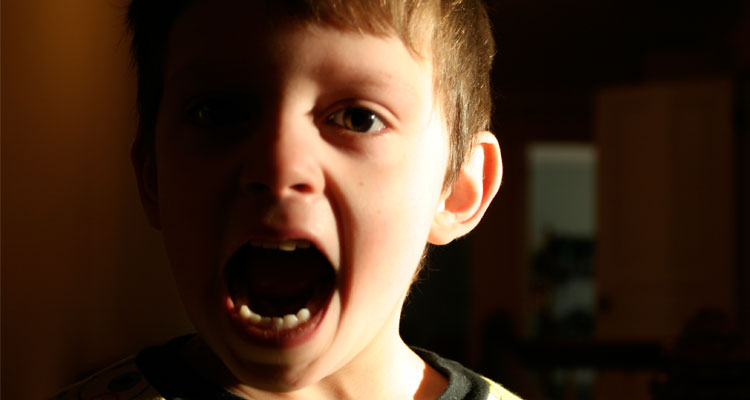Disruptive behavior can plague public and private school classrooms as well as homeschool environments. Some think (or hope) that classroom foul play will fade if they ignore it. Nothing could be further from the truth! There are some key strategies to help quell misbehavior and keep students focused on learning.
Kids’ misbehavior can be a test of boundaries or a result of other factors influencing the child’s acts, such as disability, boredom, medical issues, troubles at home, etc. Once these are ruled out, offenders must be made aware of and held accountable for a clear and firm behavior policy and focus on the strategies detailed below.
Get Comfortable With Your Own Authority
Some students with behavior issues can pick up on insecurity or hesitance when it comes to authority. Researchers at the Carnegie Mellon Eberly Center offer these tips for establishing and maintaining classroom authority:
- Be mindful of the personal image you project. Are you a force to be reckoned with?
- Don’t become defensive or angry when a student challenges you.
- Listen to the child’s point of view. Validation of an aggressor’s feelings is a classic psychological method for diffusing anger.
Establish a Rapport
In a blog post about handling difficult student situations, Edutopia author Ben Johnson shares a question that has undoubtedly crossed every teacher’s mind at some point: “What could I have said that could have made things better?”
The truth is, we don’t always know how to handle tough behavioral situations. What we can do is establish a rapport with kids and think deeply about what behavior problems might occur, in order to stop it proactively. One simple technique is the psychological technique known as mirroring. When one person subtly copies the body language of another, rapport inherently builds between the two.
Differentiate Instruction
Students who become bored by material that’s too easy can quickly get unruly. Similarly, students who become frustrated or angered by difficult material can lash out.
Public school teachers, with their large and diverse populations of learners, spend a lot of professional development time learning about how to deliver differentiated instruction. As a home school teacher, you also are tasked with the job of tailoring lesson plans to students’ individual needs.
Educational professor Dr. Bruce Fischman offers these tips on integrating differentiated instruction in your classroom:
- Use rubrics to measure achievement and tailor lessons accordingly.
- Provide group collaboration time. Students who collaborate learn that they each have something valuable to share.
- Incorporate lessons that touch on all of Howard Gardner’s “Theory of Mind” intelligences: Interpersonal, intrapersonal, spatial, musical, logical, verbal, and kinesthetic.
Disruptive classroom behavior is a fact of life. But if it’s happening too often, perhaps the environment, instruction, or even curriculum plays a role. Many families have experienced positive changes after enrolling in a K12 Network school. To find out more about what K12 has to offer and to discuss further educational possibilities available to your child, call our toll-free number to speak with an enrollment consultant today.
Image Credit – Sharon Mollerus / CC by 2.0



































